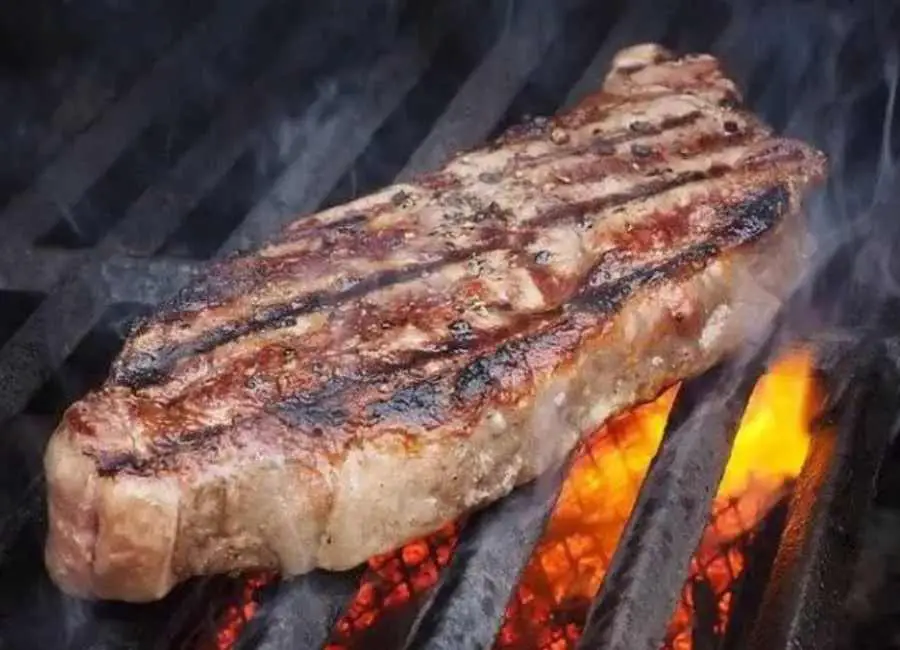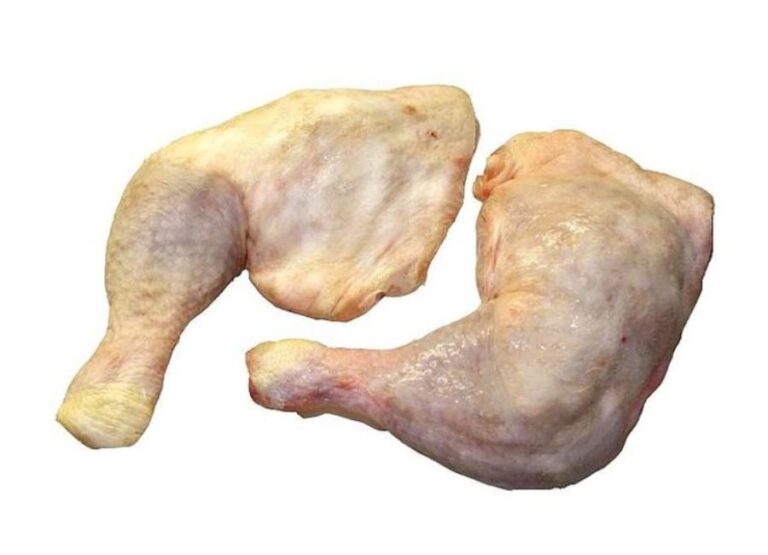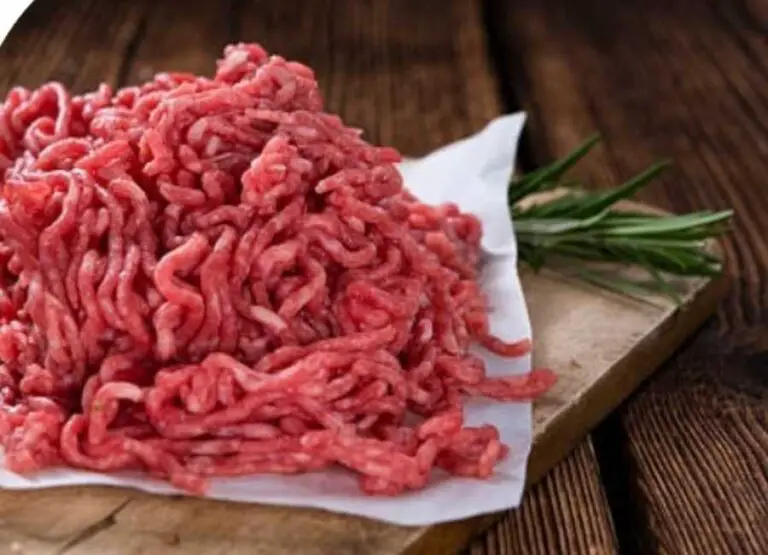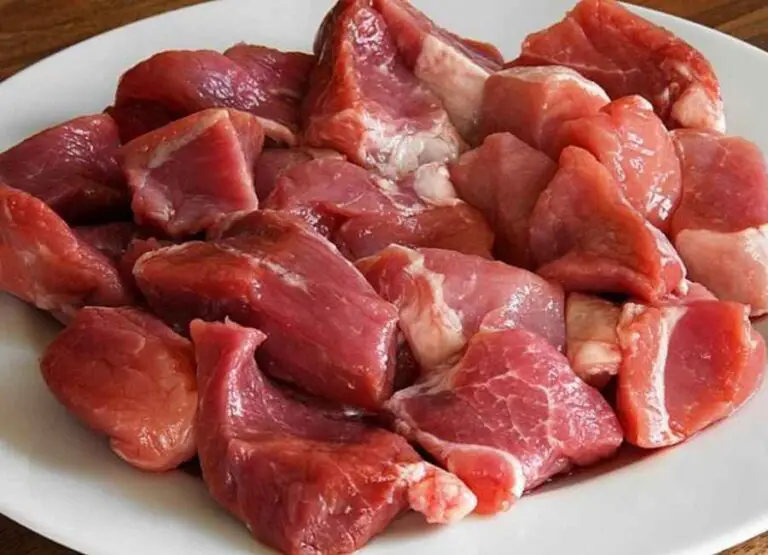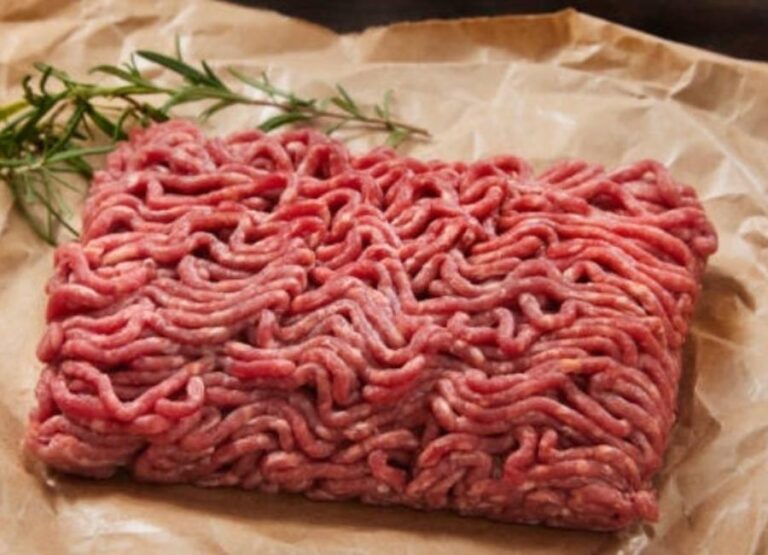Is Smoking Meat Bad For You (9 Pros & Cons Of Smoking Meat)
People love eating smoked meat because of the taste and flavor they get from eating smoked meat, but is smoking meat bad for you?
In this article, we will discuss the pros and cons of eating smoked meat and give our verdict on smoked meat.
Smoking meat has been used by humans for centuries to preserve and flavor it.
It’s a way of cooking that’s both versatile and easy, but it can also be unhealthy if not done correctly.
Smoking meats is a form of grilling that utilizes the smoke from burning wood or charcoal in order to add flavor and cook the food.
The most commonly smoked foods are pork, beef, poultry, and fish. A lot of people love smoking meat because the process is easy, and they get to control how their food tastes.
What is the smoking of meat?
Smoking meat is a process of cooking meat in an enclosed space, usually with the use of wood smoke, either from applewood or other fruitwood.
This process can take anywhere from a few hours to a few days to complete.
Smoking meat is a great way to add flavor and tenderness to anything you’re cooking outside on the grill.
However, there are some risks associated with smoking your food.
Aside from the risk of fire and carbon monoxide inhalation, smoked meats may contain nitrites and nitrates that may be harmful in large quantities.
Therefore, this article will teach you how smoking meat can affect your health and provide you with some alternatives.
Is smoking meat bad for you?
Smoking meat at a lower temperature is not bad, however, smoking meat at higher temperatures causes the production of a charred appearance in meat which aids the production of cancer causes compounds: heterocyclic aromatic amines and polycyclic aromatic hydrocarbons.
When you smoke meat at high temperatures, a charred surface that contains heterocyclic aromatic amines will be produced.
And smoke contains polycyclic aromatic hydrocarbons that can cling to the surface of the meat when smoking at high temperatures.
Both of these compounds have long been linked to the production of cancer cells in the human body.
Therefore, smoking meat is not bad, but using high temperatures is very bad and can cause avoidable health challenges.
Eating meat itself has its own disadvantages. Which you should know.
With all these being said, let’s look at some pros and cons of smoking meat you should know.
Pros and Cons of smoking meat
Here are some common pros and cons of eating smoked meat, which are as follows:
1. Smoking meat can increase the risk of cancer
Certain compounds known as HCAs (heterocyclic amines) and PAHs (polycyclic aromatic hydrocarbons) are formed when animal proteins such as beef, chicken, pig, or fish are smoked.
As the temperature and cooking time increase, the amount of these chemicals increases dramatically. When fed in large doses, they can cause cancer in animals.
2. Smoking meat increases the chance of stomach infection
Due to bacterial cohesiveness, which smoked meat may carry, eating smoked meat raises the risk of gastrointestinal illness.
E.coli and Listeria monocytogenes are two bacteria that can grow in smoked meat. E.coli can cause stomach discomfort and diarrhea.
Fever, headaches, and stomach pains are all symptoms of Listeriosis, which is caused by Listeria monocytogenes.
However, this depends on the type of meat, the method of preparing the meat, and the means of transporting or storing the smoked meat.
3. Smoking meat can increase the sodium level
Because smoked meat has extra salt, which is used to impact the end taste, it might raise sodium levels in the blood.
Sodium is a necessary element for maintaining water equilibrium in our bodies.
An excess of salt, on the other hand, can lead to cardiovascular disease, excessive blood pressure, and dehydration.
4. Smoking meat is a good source of preservation
Smoking was first developed as a means of preserving foods, and it still serves this purpose today.
Smoked meat has a longer shelf life than cooked meats, allowing you to keep them in the fridge for longer and thereby reducing food waste in your household.
5. Smoking meat is a very low-fat cooking process
Foods that are naturally high in protein and amino acids, like meat, are frequently the ones that make it into a custom kiln.
Smoked food is a terrific supplement to any balanced diet since it produces healthy, high-protein dishes that are also fun to consume. Smoked meat, in particular, has a lot of iron.
Because it eliminates the use of oils, fats, and sauces, smoking is a low-fat cooking method.
Furthermore, smoking can help to decrease fat in meals by allowing it to leak out during the cooking process, resulting in a healthier end product.
6. Smoking meat adds a smoky flavor to the meat
Meat that has been smoked is delicious. One factor that influences our sense of taste is the aroma, and smoking imparts a smokey flavor that can enhance the flavor of your food.
The barbeque generates that smoky, lovely fragrance as the meat juice starts leaking and dissipates with the smoke. This inviting aroma entices you to get into your food.
The encounter’s highlight is the taste. What good are your other senses if you can’t taste the meat you’ve smoked?
In any event, we are certain that smoked meat will always taste better than non-smoked meat.
7. Smoking meat can increase inflammation
You may be setting yourself up for future health concerns if you choose smoked meats over plant-based diets.
Grilling and smoking foods produce advanced glycation end products (AGEs), also known as glycotoxins.
According to research, when food is smoked or grilled, AGEs proliferate and are ingested, resulting in increased levels of inflammation.
Inflammation has been linked to the onset of a number of chronic diseases, including cancer.
8. Smoking meat increases the buildup of toxic chemicals in the body
Smoking meat at high temperatures can result in chemical processes that produce large amounts of dangerous substances.
Processed meats like salami, smoked ham, and hot dogs may contain hazardous chemicals.
Smoking meat will definitely introduce different types of toxic chemicals or compounds during smoking.
Read more: How Much Smoked Meat Is Safe To Eat.
9. Smoking meat tenderizes the meat
Nothing surpasses delicate, delicious, smokey meat. The smoke permeates the meat, causing the collagen muscle to break down.
The fat in the flesh melts and distributes all over the meat, giving it a distinct, one-of-a-kind flavor.

